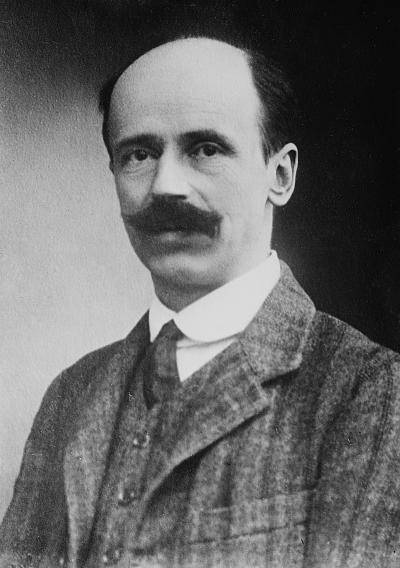Horthy era-Interwar period
1/11
There's no tags or description
Looks like no tags are added yet.
Name | Mastery | Learn | Test | Matching | Spaced |
|---|
No study sessions yet.
12 Terms
István Bethlen
From an old transylvanian family, supporter of bourgeoisie society, rejected dictatorsip and mass democracy, rejected revolutions, he was a former memebre of the ABC, 1921-31 Prime Minister, opposed participation in WW2, 1944 deported by Soviets

Where were Charles IV. and his wife Zita exiled to?
The Island of Madeira
Consolidation aims of Bethlen
Stablizing the Horthy regime, consolidating political life, reorganizin the structure of economy, carrying out social reforms, consolidating foreign affairs
Party of Unity
Bethlen-Peyer Pact
signed in 1921, the Social Democrat’s promised to: support the consolidation, prevent political strikes, stop agitation among agricultural workers, railwaymen and civil servants. In return, the mSZDP granted legality and representation in the parliament
Importance of the Pact
Bethlen recognized the importance of the trade unions, his goal was to turn the Social Democrats into a loyal opposition by ensuring restricted freedom.
It was beneficial for Bethlen because: the most dangerous opponent was deactivated, having S.Ds is good for international support, this measure is not dangerous because the MSZDPcan’t get too much represntatives due to census and public voting
It was beneficial for Károly Peyer because:
They gained back legal status as a party, they gained representation in the parliament, and this way they could criticise the government publicly
New electoral law
It was issued under Betlen both agianst the extremist groups and the MSZDP: it lowered the proportion of voters, as people could only vote publicly, except cities where their votes remained secret (secret voting)
Economy under Bethlen
It had to be restructured due to the effects of Trianon, Hungary was in an unfavourable conditions in foreign policy which was bad for trade.
Light industry expansded and developed, and new branches of industry also came to the picture (electric, chemcial, autom)
Inflationary policy of Bethlen
inflow of capital to rew up the economy
1922: Hungary joined the League of Nations
1924: National Bank established+applied for loan from the L.o.N.
1927: crown lost its value due to the inflatiom—>pengő became the new currency
1929: production exceeded the rate of 1913
Impact of the loan from L.o.N.
Restructuring and innovation was financed and supported such as:
-engineering of agriculture(tresher, tractor, harvester)
-canning industry (csepel)
-electric industry
-electro technology and machine industry—> Orion radio and telephone
-chemical industry(fertilizer manure)
-mining (bauxite)
-toursim industry (palace at Lillavárad)
Why were Smallholders granted more land in the Nagyatádi land reform?
to create a loyal social basis for the regime(subsidies and financed building programs)
Bethlens Foreign policy